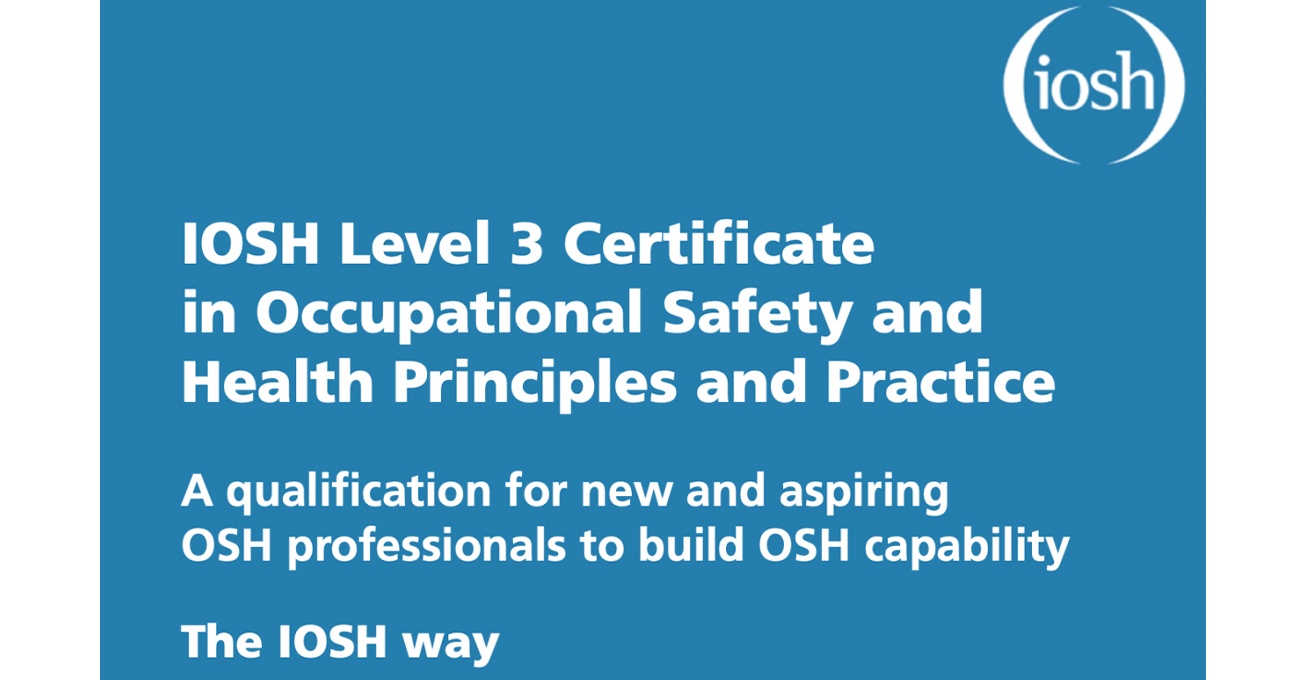Have you ever thought about how you breathe? I doubt it. Most of us don’t until a shock, surprise or heavy cold hits us.
Once we begin to observe our breathing, many of us might be surprised how often we breathe during any one day…when we eat, using technology at work, exercising even if only walking, whilst watching or when we are asleep (waking up with a dry mouth and needing a pee are tell-tale signs!).
Essentially an incorrect form of respiration, mouth breathing can happen for a number of reasons. Some people do it out of habit. Their bite may be off, or the position of the jaw and teeth may be such that when they sleep, their lips don’t quite close. A young person may also suffer from abnormally large tonsils, which can obstruct breathing.
Mouth breathing may also occur as a result of a birth defect, like a deviated septum, that may make it more difficult to breathe through the nose.
Older folks can end up mouth breathing as a result of taking medication.
One of the most common side effects of mouth breathing is an excessively dry mouth as mentioned above. Under normal conditions, saliva continuously washes bacteria from the mouth. If your mouth is dry, however, that bacteria can more readily take hold and cause problems like cavities.
In children, mouth breathing can also lead to permanent skeletal deformities. That’s because it promotes the growth of the upper jaw, rather than the lower jaw. The result is a large overbite and a gummy smile.
Mouth breathing can also cause sleep difficulties, causing people to wake in the night if they aren’t getting enough oxygen. In children, lack of sleep may reduce their ability to pay attention and concentrate at school, which may be mistaken for attention deficit disorder. In adults, mouth breathing can be related to sleep apnea, which causes people to wake frequently at night. You can end up feeling exhausted the next day.
While a natural mouth breather may be able to stave off dryness by remoistening the mouth throughout the day, it will get dry overnight. Because you are breathing through your mouth all night, you dry out the soft tissues. Mouth breathers often have chronically red and inflamed gums, even if their oral health is otherwise good. Adults may also find they have bleeding gums, or may get frequent cavities.
Because it is so drying, mouth breathing can also cause chronic bad breath.
More serious conditions can occur over a longer period of time including high blood pressure because mouth breathing puts your body in fight or flight mode.
It’s important to determine why the mouth breathing is happening before you can correct it. If the cause is huge tonsils, then removing them might be an option. If the problem is structural and a child can’t, for example, close his or her lips over flared front teeth, then the solution may be orthodontic treatment.
Using a humidifier while sleeping can help ease mouth dryness, as can replenishing with lots of fluids. It can be helpful sometimes to rub a small amount of vitamin E oil on gums before bedtime to keep them from drying out overnight.
A thorough dental exam will help determine whether mouth breathing is a problem. It’s also important for parents to look for signs of mouth breathing in children, so the problem can be corrected before it worsens.
But my overriding message is this and like I said at the beginning, most of us don’t think about how we breathe.
Start being aware of your breathing. Many who mouth breathe that i’ve helped or who have attended Breathren workshops did so out of habit.
We are all creatures of habit or so they say but I agree. And just like we can become habitual bad breathers through the mouth, we can become good breathers through the nose.
Breathe as often through your mouth as you eat through your nose!
Joel Jelen is Founder of Breathren and runs courses for businesses, organisations and the general public on Breathwork and its effects on our stress levels, mood, energy levels and sleep quality.







